Personalization enhances marketing effectiveness
Personalization enhances marketing effectiveness by creating a more personalized and tailored experience for customers. This is especially important in the B2B space, where sales and marketing need to work together to effectively reach and engage potential buyers.
One of the key benefits of personalization is the ability to identify critical moments in the buyer's journey and deliver the right message at the right time. By analyzing data and understanding customer behavior, B2B marketers can personalize their marketing touchpoints to ensure that they are providing the most relevant and impactful information to potential buyers. This personalized approach helps to build stronger relationships with customers and increases the likelihood of them taking the desired action.
Furthermore, personalization allows B2B brands to optimize their marketing efforts and allocate resources more effectively. By understanding where it is most expensive to distribute and sell their products or services, brands can focus their efforts on the most effective channels and target the right audience. This not only maximizes the impact of their marketing campaigns but also helps to minimize wasted resources.
However, implementing personalization in B2B marketing can be challenging, particularly when it comes to scaling and resource allocation. Writing variations for different segments and conducting multivariate testing can be time-consuming and resource-intensive. This is where automation and AI can play a crucial role. By leveraging technology and automation tools, B2B brands can create always-on programs that continuously test and optimize marketing campaigns. This allows for a more efficient and streamlined approach to personalization, where variations can be created automatically and tested in real-time.
Personalization plays a crucial role in driving success in B2B marketing. By tailoring marketing strategies and messages to individual customers or target audiences, B2B brands can create more engaging and inspiring stories that resonate with their audience and drive them to take action. However, implementing personalization requires robust data infrastructure, collaboration among team members, and ongoing monitoring and optimization. With the right strategies and tools in place, B2B brands can leverage personalization to stand out and thrive in a competitive marketplace.
